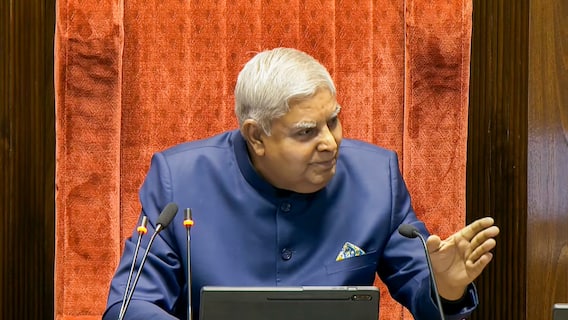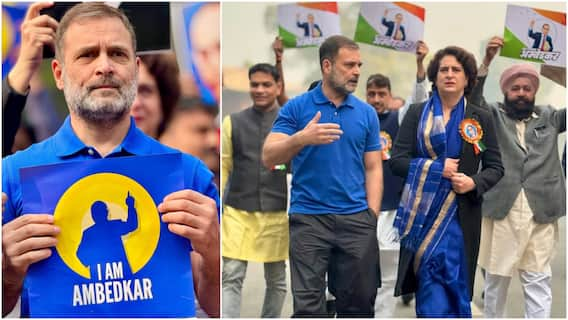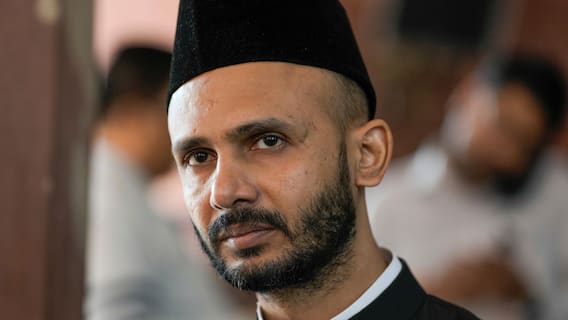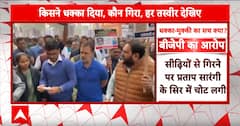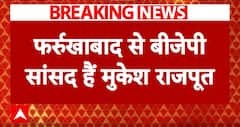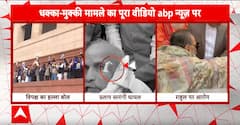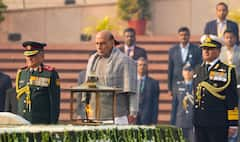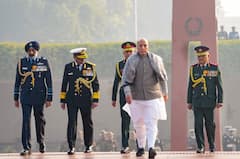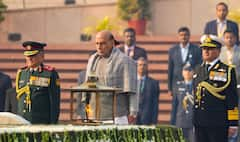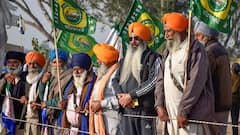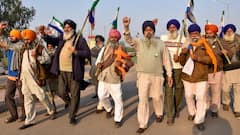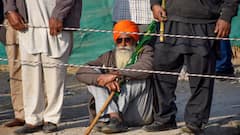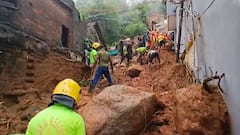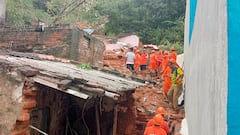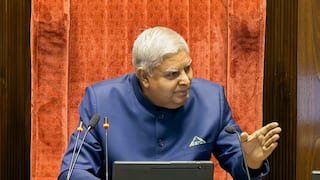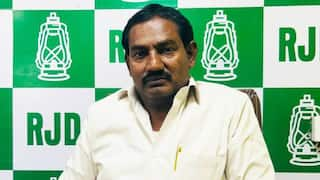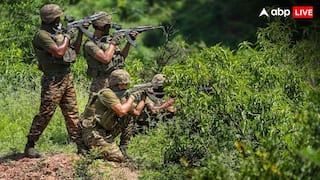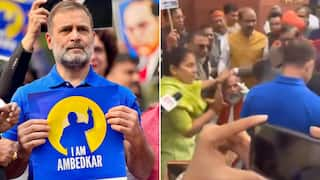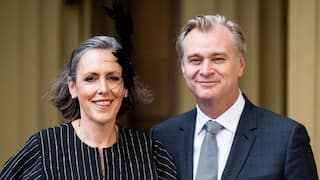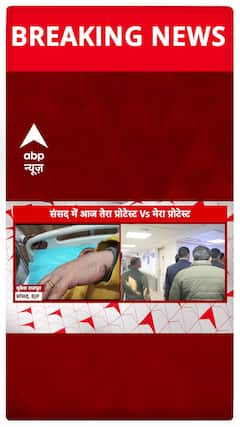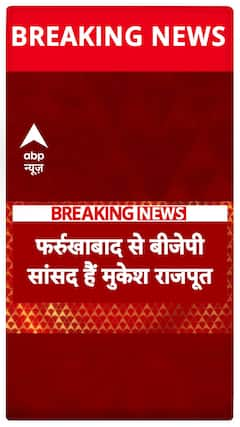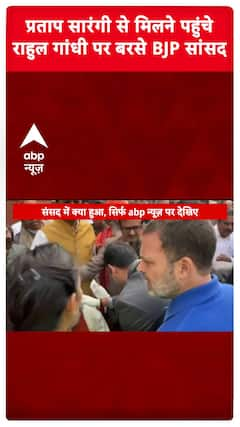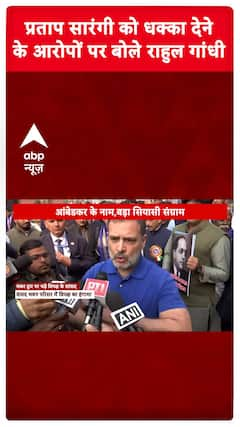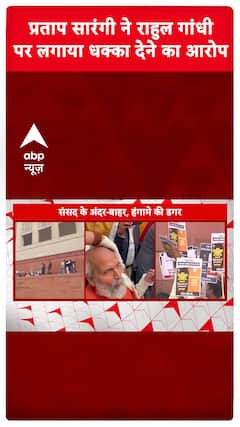Sudha Bharadwaj Bail: NIA Moves Supreme Court Against Bombay High Court’s Order
The default bail plea filed by eight other co-accused in the case was rejected by the high court.

New Delhi: The National Investigation Agency (NIA) has moved the Supreme Court against Bombay High Court’s order granting default bail to lawyer-activist Sudha Bharadwaj, who was arrested in the Elgar Parishad-Maoist links case in August 2018 under the provisions of UAPA.
In its December 1 order, the Bombay High Court stated that Sudha Bharadwaj was entitled to bail and its denial would be in breach of her fundamental right to life and personal liberty guaranteed under Article 21 of the Constitution, news agency PTI reported.
The high court had directed for activist Sudha to be produced before the Mumbai special NIA court on December 8, and conditions of her bail and date of release be decided.
Now, NIA has moved the Supreme Court against the High Court order granting default bail to Sudha Bharadwaj, reported PTI.
Sudha Bharadwaj is the first among 16 activists and academicians arrested in the case to be granted default bail. Lodged in the Byculla women's prison, she is accused of being part of a conspiracy to overthrow the Union government.
Besides her, poet-activist Varavara Rao is currently out on medical bail.
On July 5 this year, Jesuit priest Stan Swamy had died in a private hospital while waiting for medical bail.
The other accused persons are all in custody as undertrials.
The default bail plea filed by eight other co-accused in the case was rejected by the high court. The eight whose default bail plea was rejected are Sudhir Dhawale, Varavara Rao, Rona Wilson, Surendra Gadling, Shoma Sen, Mahesh Raut, Vernon Gonsalves, and Arun Ferreira.
The case involves alleged inflammatory speeches delivered at the Elgar Parishad conclave, held at Shaniwarwada in Pune on December 31, 2017. The police claimed that it triggered violence the next day near the Koregaon-Bhima war memorial located on the city’s outskirts.
The Pune police had claimed the conclave was backed by Maoists. The investigation in the case was later transferred to the central agency NIA.
(With Agency Inputs)
Trending News
Top Headlines





